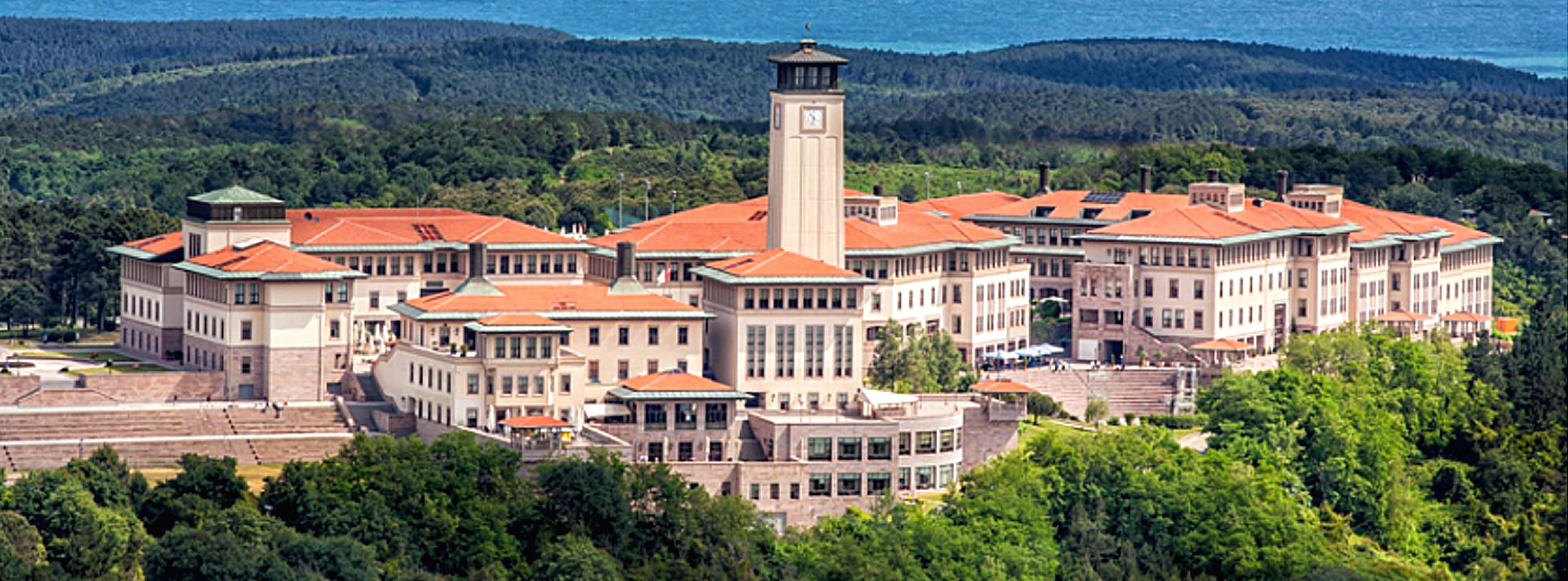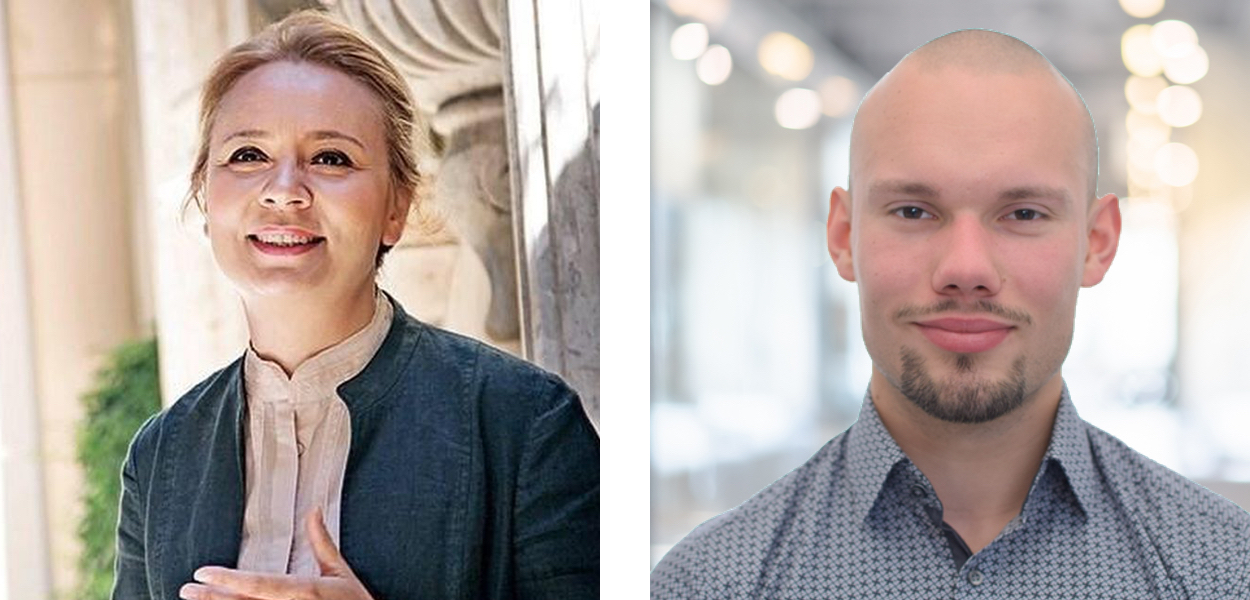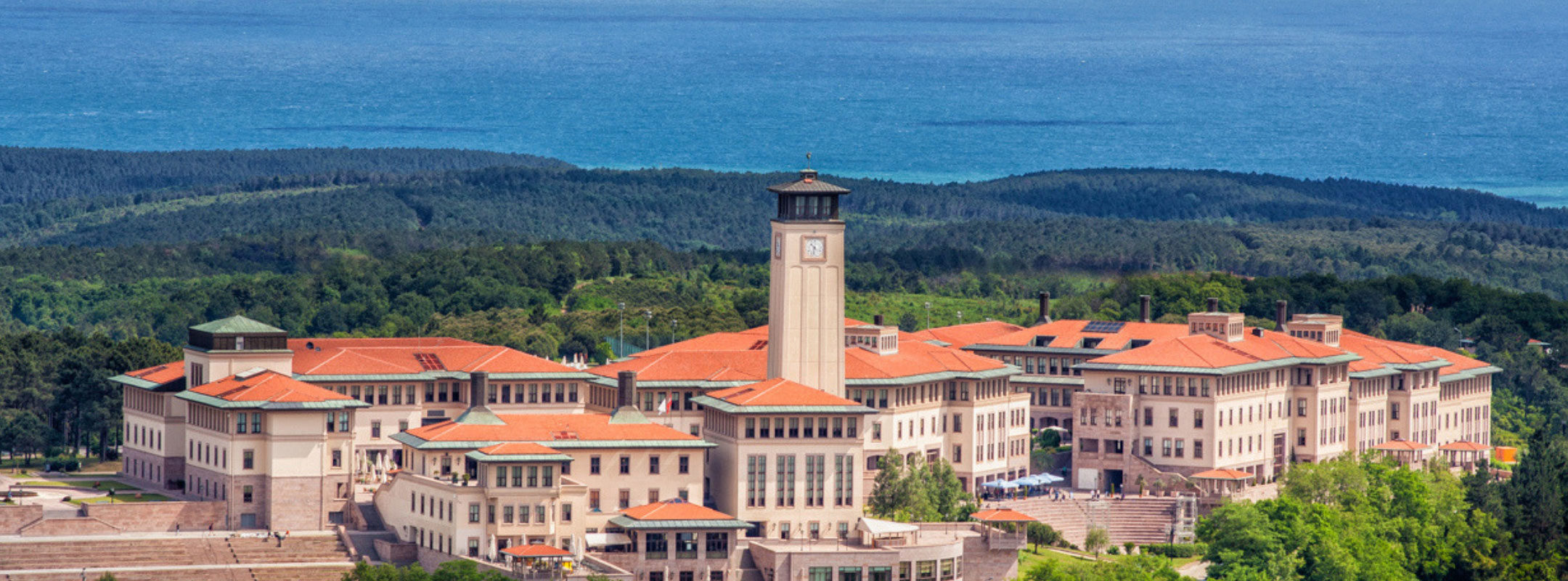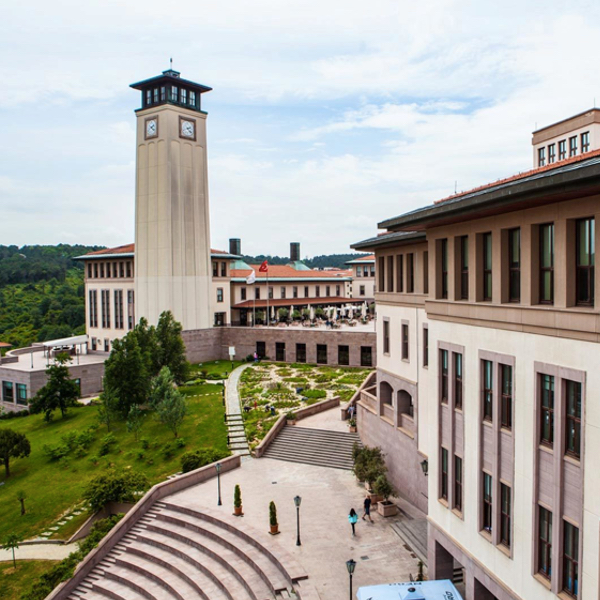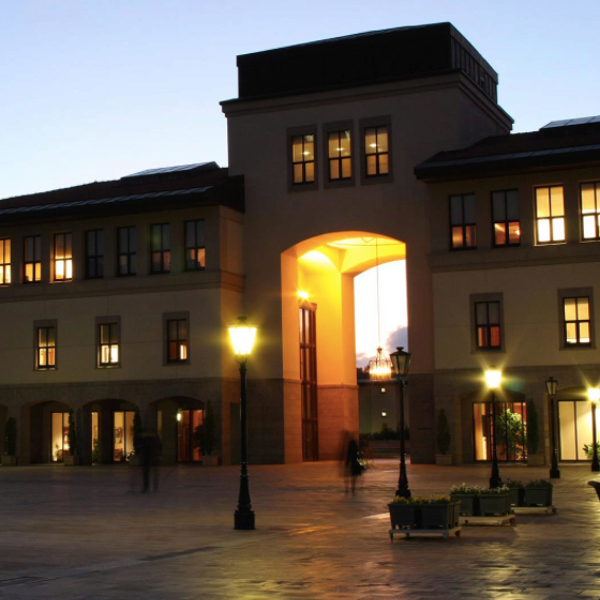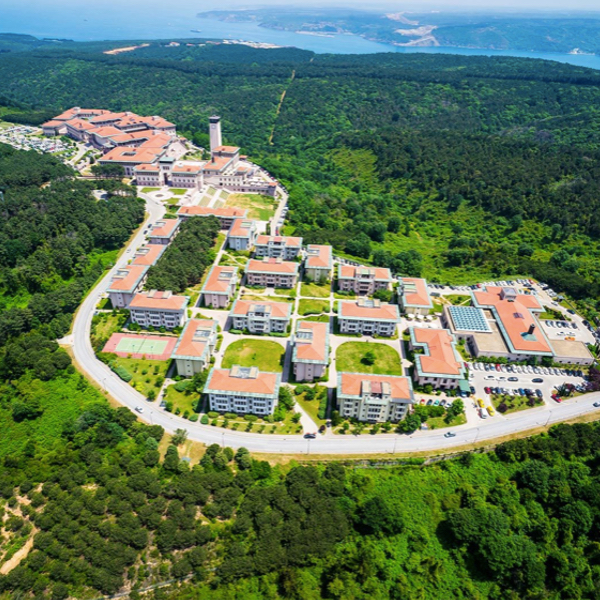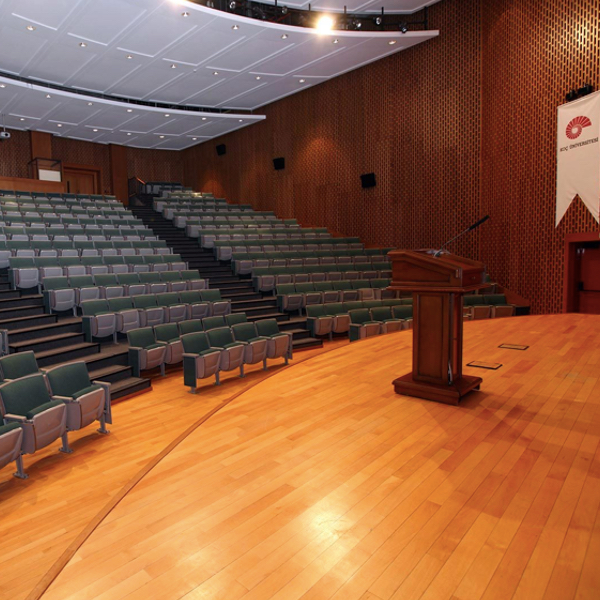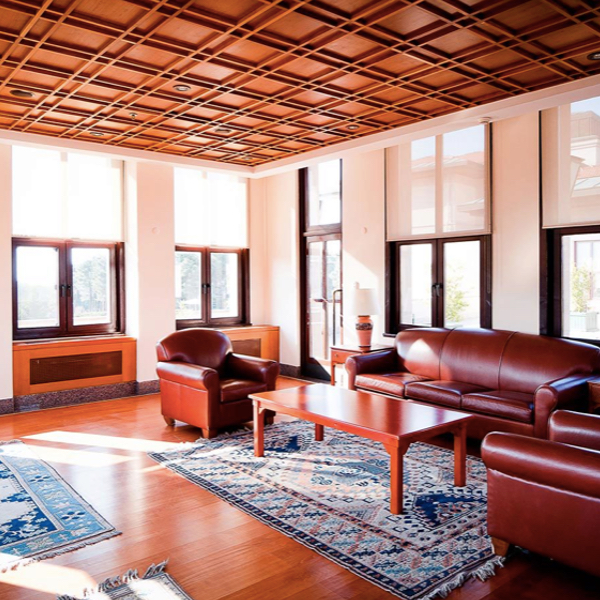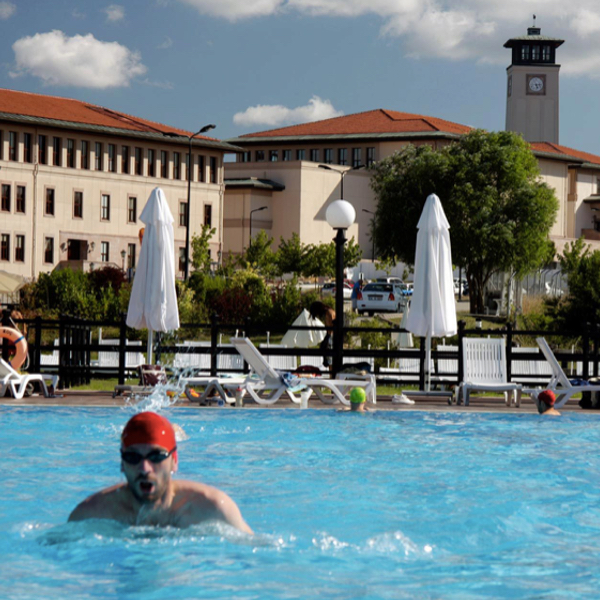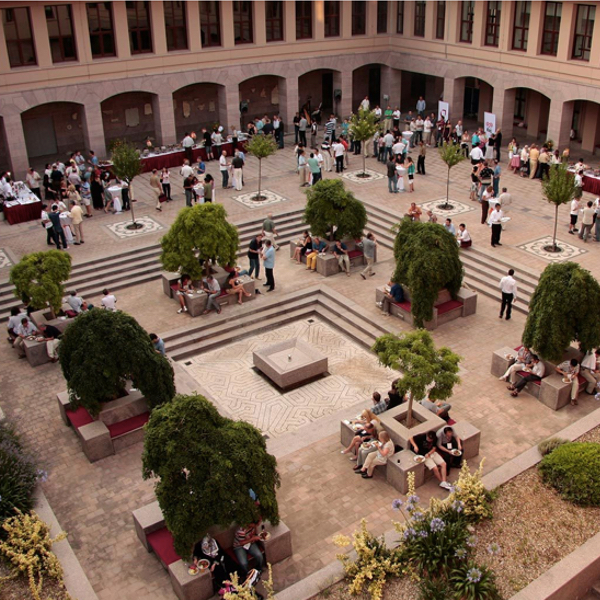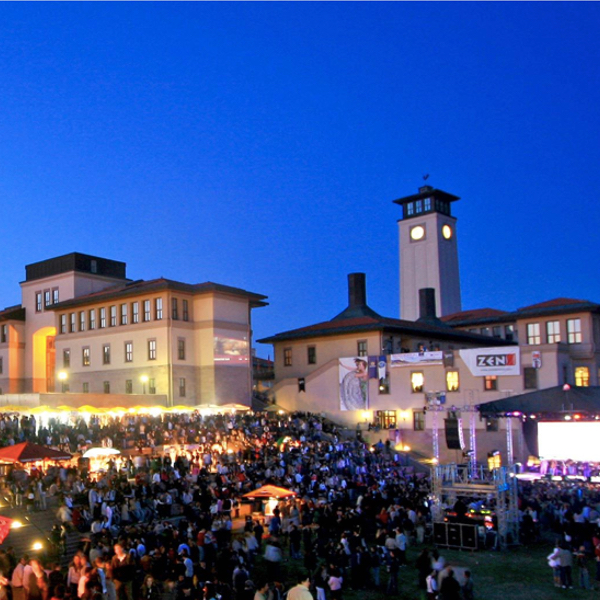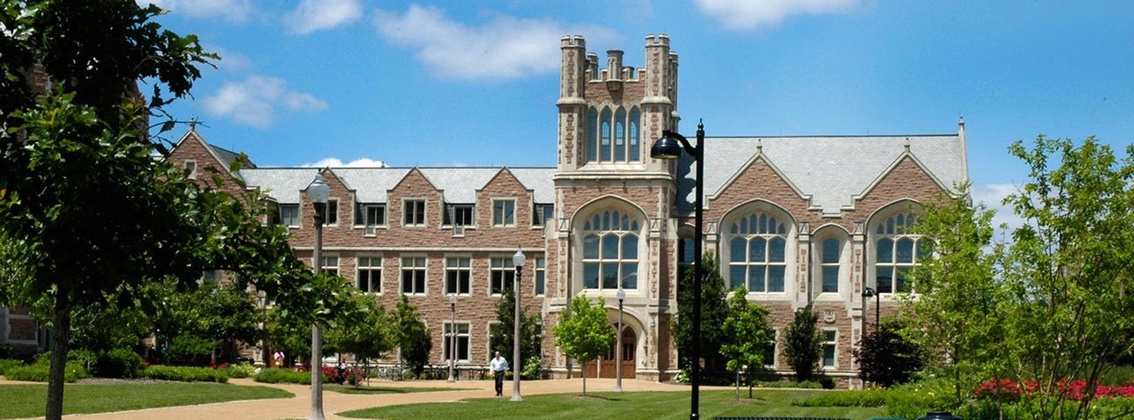Prof. Oder, you are the Dean of Koç University and teaching as professor, specialised in comparative constitutionalism, comparative constitutional review, EU law, international human rights law and gender equality. Why did you choose to become a professor at the Koç University and when and why exactly did you specialize in these areas?
Prof. Oder: Koç University is one of the leading global universities committed to the cutting-edge research and teaching marked in various international and regional rankings. Koç University Law School has been committed to the comparative and international studies law as well as interdisciplinary profile in the field of research supported by external and internal funding schemes.
Endorsing a CORE program of critical thinking in legal education, it represents successful model that combines the law curriculum with the scholarship of humanities, aesthetic and interpretative analysis, and empirical and quantitative studies. After receiving my PhD degree from University of Cologne (Germany), I pursued my career at Istanbul University with a focus on comparative constitutionalism, human rights, and European Public Law. Shortly after my promotion as an associate professor, I received an offer from Koç University valuing my scholarship and research career. Koç University has provided me a working environment supporting my scholarly endeavors in the field of constitutionalism and human rights with the full respect to academic freedom, collegiality, and institutional capacity.
During my legal education, I witnessed a period democratic progression worldwide. This shaped my professional inspirations and research career. Late 80ies were the years of the third wave of democratization and liberal-democratic constitutionalism embracing both Central Europe and Turkey. At the very same time, we followed the developments as regards the rise of regional or international human rights mechanisms in Europe, Latin America, and Africa. The legal and political discussions that surrounded constitutions, courts, and the transformation of law in the light of cosmopolitan approaches opened a new venue to young generation of lawyers worldwide. I was one of them devoted to a deeper understanding and promotion of constitutionalism and human rights.
The law as an institutional network of constructs can serve to its ultimate aim of justice if we do not reduce it to a bare notion of technicalities and pure legal formalism. We all know that the law represents what it ought to be (“Sollen”), but may mask the inequalities, subjugation, or irrationalities. The studying of constitutional law both in times of global democratization and in a context of progressive transformation provided me critical insights what the legal policy ought to be for a just and fair order.
Recently you won the "Defender of Constitutionalism" Prize, which was awarded the first time, by The International Forum on the Future of Constitutionalism. Can you explain the main purpose of the Global Summit and this first-of-its-kind multilingual gathering?
Prof. Oder: The main purpose of the Global Summit is gathering the global community of scholars to discuss the current agenda of constitutional studies worldwide in the best possible way of establishing an inclusionary and vivid model of interaction. During the Global Summit, the scholars from different generations, regions, languages, and scholarly interests shared the most recent research findings or ongoing research projects.
They received feedback from lively discussions of other scholars that comparative and interpersonal insights were sharpened. They developed new ties with the scholars from all around the world representing different scholarly perspectives. The Global Summit is a forum of scholarly exchange, intellectual enrichment, and outreach to the global community on equal footing. It provides an opportunity to listen to the recent scholarship of leading constitutional professors and inspire from them. Significantly, the Global Summit is a forum of constitutional collegiality that you feel inspired, learned, and empowered by becoming a member of the constitutionalist community.
